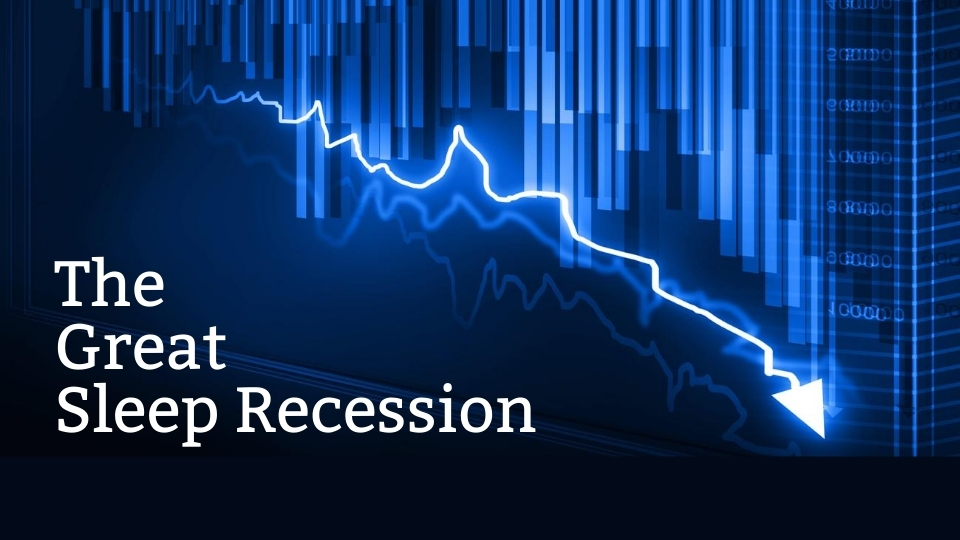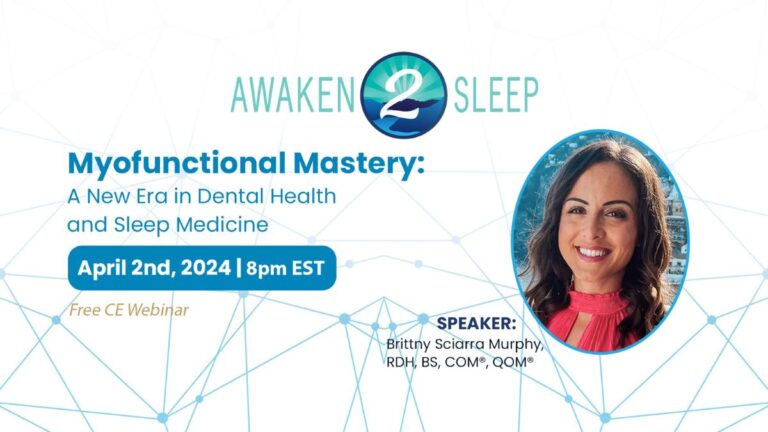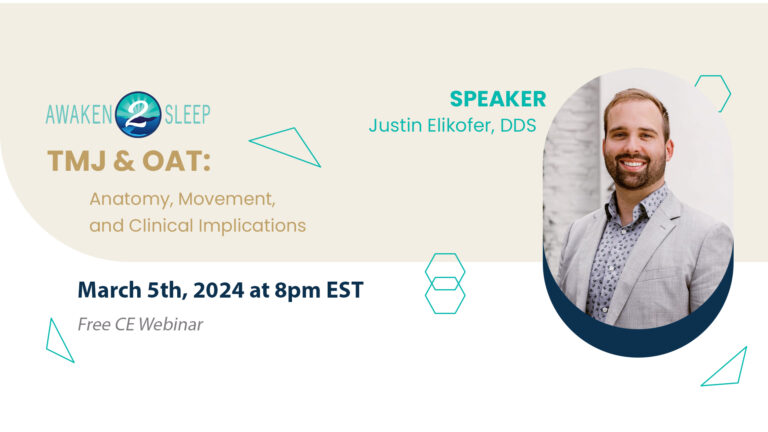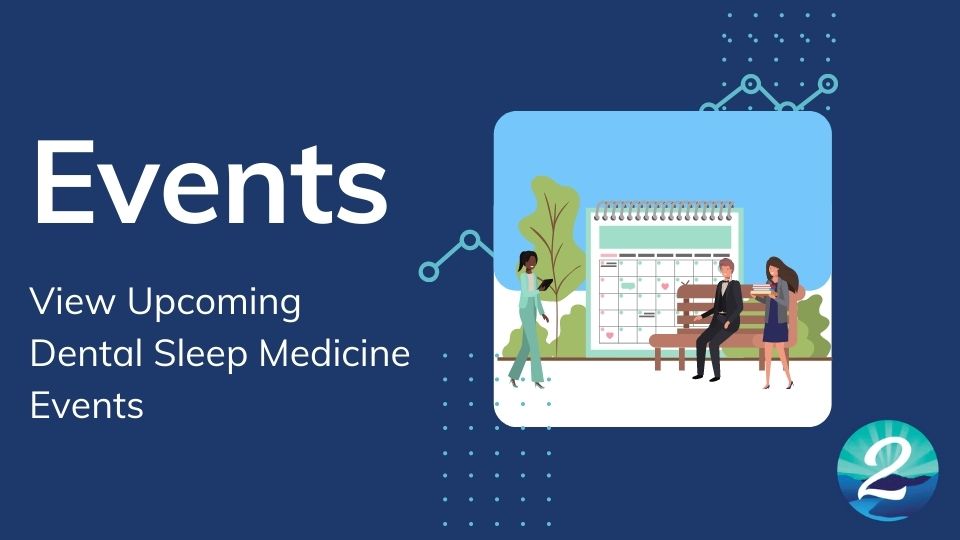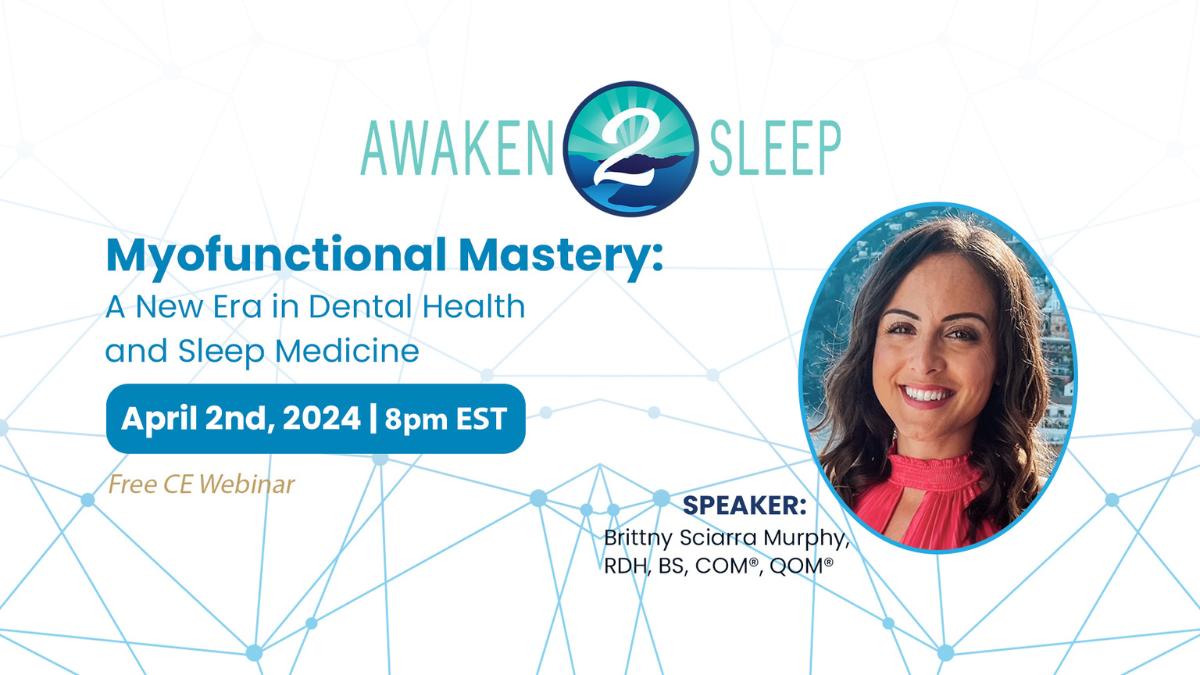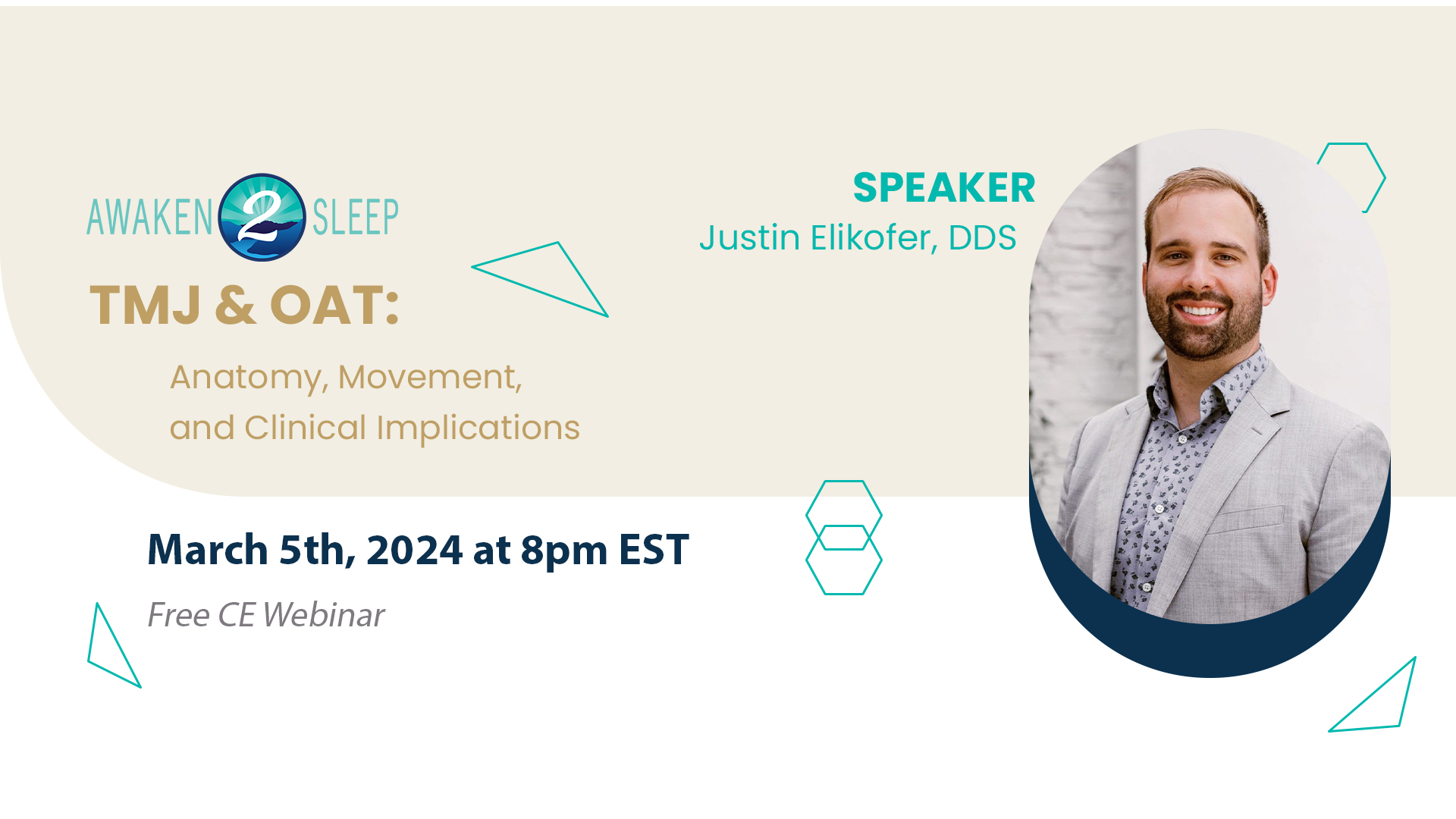By: Geoff Gilman
How does our brain use these electrical currents?
The electrical currents are the ones that occur during deep sleep, NREM sleep, and are what create new neurons, connections, and pathways in the brain. Essentially, as we get older, our brains lose their capacity to lay new frameworks for growth, causing us to lose our ability to learn and grow at the same rate as when we were younger.
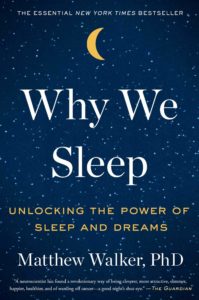
This topic first came to my attention in Matthew Walker’s book, “Why We Sleep.” Walker refers to this as the “Great Sleep Recession” that begins as early as our twenties.
Each night as you enter different stages of sleep, there is a sleep cycle that your brain works through. This process takes about eight hours and every part of this process has a unique and vital role. Starting with conception in the womb until the moment you breathe your last, your brain will initiate this sleep cycle every single day, though as you age the length and depth of these stages will change. For instance, in the last week before you are born, your brain ramps up its REM sleep to around 12 hours of the sleep cycle, while adults typically average 1 – 2 hours of REM sleep per night.
In the deep NREM sleep stage, memories are transferred from the hippocampus (short term memory storage) to the different areas of the cortex. This is how all of your memories are stored for permanent use.
Taking note that our sleep cycle changes many times over the course of our life is critical. We must understand that no one type of sleep is more important than the others, and that waking up many times at night and not getting eight hours of sleep will hinder the valuable purpose of each sleep stage within the sleep cycle.

Furthermore, as we age, we see our deep sleep, “NREM”, begin to become unstable. REM sleep largely stays stable through most of our life but the depth of NREM stages begin to degrade over time.
- Sleep Recession begins by late twenties and early thirties
- Mid to late forties you will have lost somewhere between 60 and 70 percent of your deep sleep
- By the time you reach 70, you will have lost 80 to 90 percent of your deep sleep compared to your youth.
What is the "quick fix" to this problem?
The degradation of deeper sleep stages seems to be a natural part of the aging process. Research is being performed to find ways that modern technology can help our brains continue producing these electrical currents further into old age. Though this is not something we can count on to save our minds down the road, there are habits we can create to promote better sleep.
Oftentimes many people don’t take the opportunity to learn new things and grow. On top of that, people neglect their sleep. For some, it is just bad habits and not realizing the long term consequences of poor sleep hygiene. For others, it can be a sleep disorder. Many people want to sleep better but aren’t able to because of unknowingly suffering from a sleep disorder. Sleep apnea is a common sleep disorder that ravages a person’s sleep cycle, disrupting it multiple times per hour. Whether we neglect our sleep as a result of bad habits, or as a consequence of a sleep disorder, we must be diligent to overcome obstacles that hinder healthy sleep quality.
With that in mind, there are a couple things we can do to keep ourselves fresh and take advantage of our brain’s incredible potential.
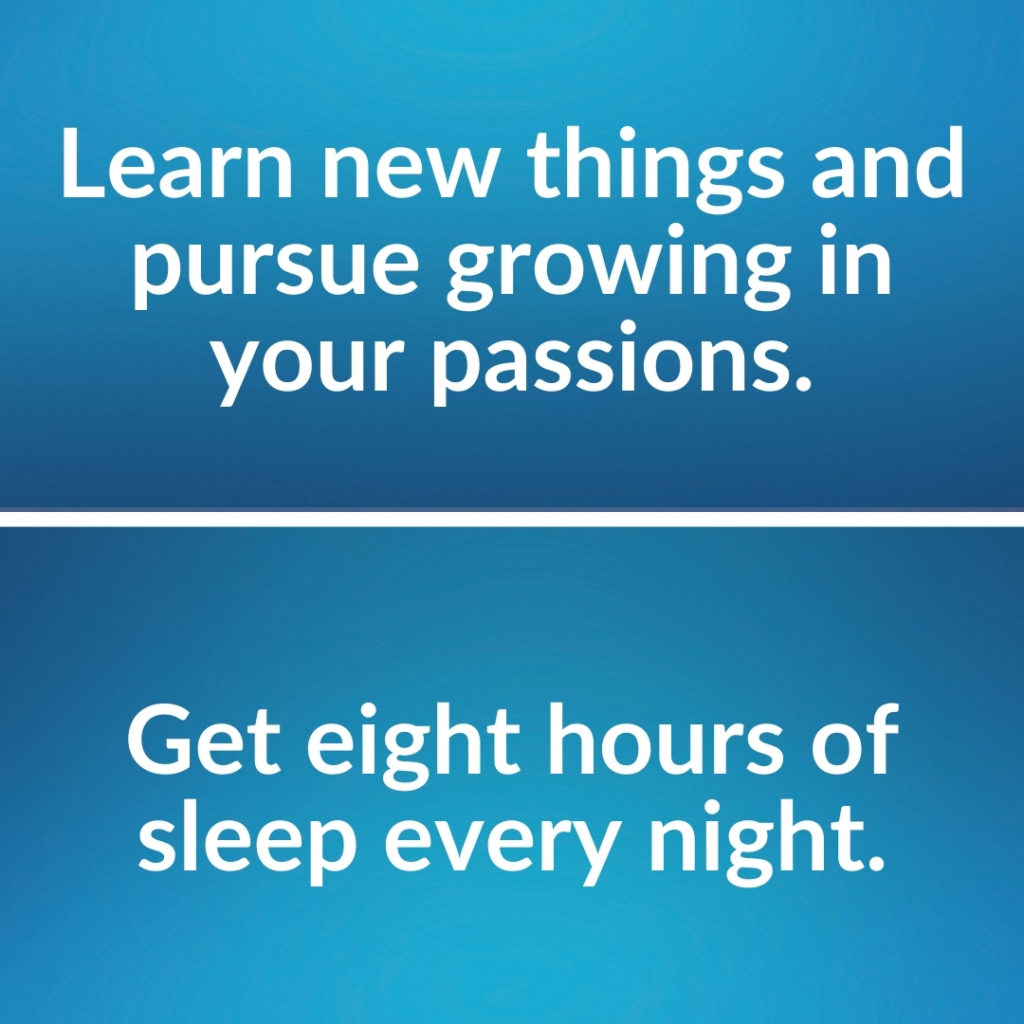
Learn new things and pursue growing in your passions.
You must give your brain something to build on. Every-time you experience something or learn something new, you give your brain a blueprint for it to build new pathways. This is how your brain grows, and much like a muscle, it gets stronger.
Get eight hours of sleep every night.
(Anything less is a missed opportunity)
Give your brain the opportunity to build and strengthen its infrastructure. This means removing bad habits that keep you up or being diligent to look into any sleep disorders you could have.
Our memories and experiences are transferred into long term memory during the NREM sleep stages. The ability to lay down new frameworks in our brains and build new neurons slows down as we age. Remember, as time goes on and this great sleep recession begins to take its course, it does not mean that we lose what we have already gained. It only means that our maximum potential is reduced as we age.
Wherever you are in life, take advantage of this time. You won’t regret it in the long run.
In the famous words of Robin Williams in the movie Dead Poet’s Society,
“Carpe Diem. Seize the day … make your life extraordinary.”

